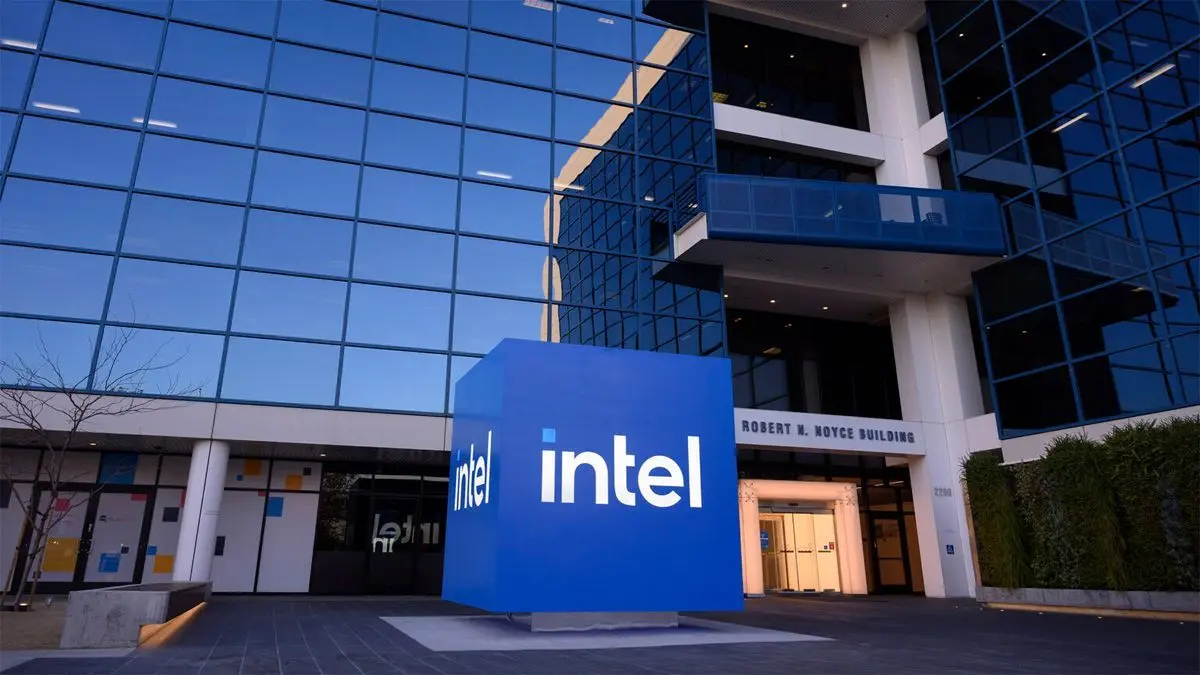Trump Administration Renegotiates CHIPS Act Grants, Emphasizes AI Chip Production
2 Sources
2 Sources
[1]
Trump admin renegotiating Chips Act contracts, needles China over lowly advanced chip output
U.S. Commerce Secretary Howard Lutnick told the Senate Appropriations Committee that the White House is renegotiating with CHIPS Act recipients, hoping to push companies receiving the subsidies to pour more money into the American semiconductor projects. Taiwan Semiconductor Manufacturing Company (TSMC), which received $6.6 billion in grants from the U.S. government, set the precedent by announcing an extra $100 billion investment on top of its initial $65 billion commitment, and the White House seemingly wants other companies to follow suit, reports Bloomberg. "Are we renegotiating? Absolutely, for the benefit of the American taxpayer, for sure. We're getting more value for the same dollars," Lutnick told the Senate committee. He also alluded that companies that refuse to play ball may not receive their payouts. "You will see that all the deals are getting better, and the only deals that are not getting done are deals that should have never been done in the first place." President Trump was allegedly against the CHIPS Act even during the campaign period, which was the Biden administration's flagship project. When he addressed the U.S. Congress for the first time in his second term, he called it "a horrible, horrible thing" and even asked the representatives to "get rid of the CHIPS Act." However, the legislators are hesitant to revoke the law, which received bipartisan support and brings jobs to various states and congressional districts. So, instead of killing the act, which could dramatically shrink U.S. chip market share, it seems that Washington is instead strong-arming recipients to invest more for every dollar it will receive. Lutnick also touched on the effectiveness of the U.S.'s bans on China during the session. He said that China cannot produce the AI chips in massive quantities similar to what TSMC does for Nvidia. According to his estimates, the country could at most push out 200,000 of these advanced semiconductors required by data centers and the latest smartphones -- a fraction of the projected 2 million chips that Nvidia should have delivered last year. When coupled with Washington's export controls, China would have trouble satisfying the massive demand of Chinese consumers and tech companies, at least in the short term.
[2]
Trump renegotiating Biden-era Chips Act grants, Lutnick says
WASHINGTON (Reuters) -President Donald Trump's administration is renegotiating some of former President Joe Biden's grants to semiconductor firms, U.S. Commerce Secretary Howard Lutnick said at a hearing on Wednesday, suggesting some awards may be axed. Some of the Biden-era grants "just seemed overly generous, and we've been able to renegotiate them," Lutnick told lawmakers on the Senate Appropriations Committee, adding that the goal was to benefit the American taxpayer. "All the deals are getting better, and the only deals that are not getting done are deals that should have never been done in the first place," Lutnick said, appearing to signal that not all the awards would survive renegotiation. Biden in 2022 signed the CHIPS and Science Act to plow $52.7 billion into boosting semiconductor chips manufacturing and research in the U.S. and luring chipmakers away from Asia. The program rolled out billions in grants for semiconductor heavyweights including Taiwan's TSMC, South Korea's Samsung and SK Hynix, as well as U.S.-based Intel and Micron. The grants, while signed, had only just begun to be disbursed by the time Biden left office. The details of those plans are not public but the money is meant to be disbursed as companies make progress towards their pledged plant expansions. Reuters reported in February that the White House was seeking to renegotiate the awards and had signaled delays to some upcoming semiconductor disbursements. Lutnick also said the administration agrees with the goal of having more than 50% of global AI computing capacity in America, responding to concerns that deals like the one announced by Trump last month to allow the United Arab Emirates to buy advanced American artificial intelligence chips could deprive the United States of key AI computing power. (Reporting by Alexandra Alper; Editing by David Gregorio and Deepa Babington)
Share
Share
Copy Link
The Trump administration is renegotiating CHIPS Act grants, pushing for increased investments from recipients. The move aims to benefit American taxpayers while maintaining a focus on domestic semiconductor and AI chip production.
Trump Administration Renegotiates CHIPS Act Grants
The Trump administration is actively renegotiating grants awarded under the CHIPS and Science Act, a $52.7 billion initiative signed by former President Biden in 2022 to boost semiconductor manufacturing and research in the United States. U.S. Commerce Secretary Howard Lutnick revealed this strategy during a Senate Appropriations Committee hearing, emphasizing the goal of securing better deals for American taxpayers
1
2
.Push for Increased Investments
The renegotiation efforts aim to encourage CHIPS Act recipients to invest more in American semiconductor projects. Taiwan Semiconductor Manufacturing Company (TSMC), which received $6.6 billion in grants, has set a precedent by announcing an additional $100 billion investment on top of its initial $65 billion commitment
1
. The administration appears to be using this as a benchmark for other companies.Lutnick stated, "Are we renegotiating? Absolutely, for the benefit of the American taxpayer, for sure. We're getting more value for the same dollars"
1
. He also hinted at potential consequences for companies unwilling to cooperate, suggesting that some might not receive their payouts.Reevaluation of Existing Deals
The Commerce Secretary indicated that some of the Biden-era grants seemed "overly generous" and are being reassessed. "All the deals are getting better, and the only deals that are not getting done are deals that should have never been done in the first place," Lutnick remarked
2
. This statement suggests that not all previously awarded grants may survive the renegotiation process.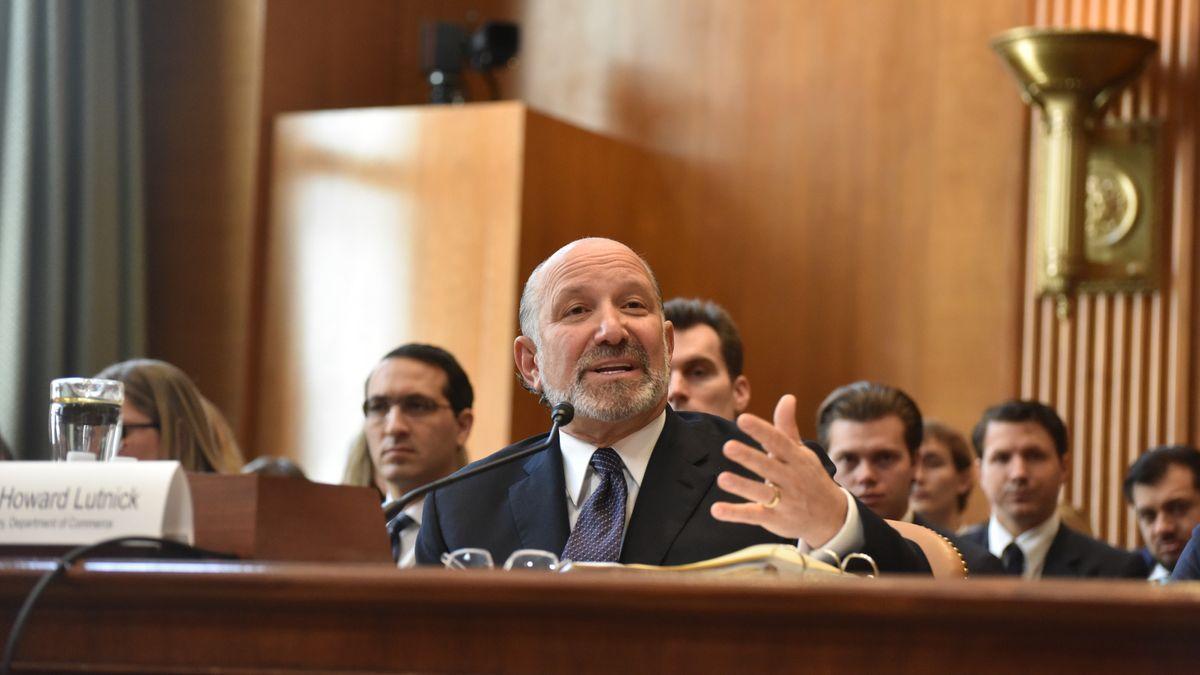
Source: Tom's Hardware
Focus on AI Chip Production and Global Competitiveness
During the hearing, Lutnick also addressed the effectiveness of U.S. bans on China's semiconductor industry. He highlighted China's limited capacity to produce advanced AI chips, estimating their output at around 200,000 units compared to the projected 2 million chips that Nvidia was expected to deliver last year
1
.The administration has expressed agreement with the goal of having more than 50% of global AI computing capacity in America. This stance comes in response to concerns about deals allowing other countries, such as the United Arab Emirates, to purchase advanced American AI chips
2
.
Source: Market Screener
Related Stories
CHIPS Act Background and Political Context
The CHIPS Act, initially a flagship project of the Biden administration, received bipartisan support for its potential to bring jobs to various states and congressional districts. However, President Trump has been critical of the Act, calling it "a horrible, horrible thing" and urging Congress to "get rid of the CHIPS Act"
1
.Despite this criticism, legislators appear hesitant to revoke the law due to its potential impact on U.S. chip market share. The current approach of renegotiating contracts seems to be a compromise, aiming to maximize benefits for American taxpayers while maintaining the Act's core objectives
1
2
.Impact on Semiconductor Companies
The renegotiation efforts affect major semiconductor companies that received grants under the CHIPS Act, including TSMC, Samsung, SK Hynix, Intel, and Micron. These companies had made significant commitments to expand their U.S. operations in exchange for government support
2
.As the renegotiation process unfolds, the semiconductor industry faces a period of uncertainty. Companies may need to reassess their investment plans and strategies to align with the new administration's expectations and ensure continued access to crucial government funding.
References
Summarized by
Navi
[1]
[2]
Related Stories
Trump Administration's Reversal on China Chip Ban Sparks Bipartisan Backlash
29 Jul 2025•Policy and Regulation
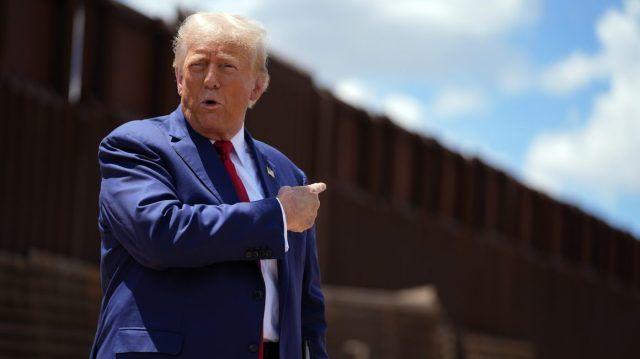
US Government Considers Equity Stakes in Chip Companies, Sparking Industry Debate
22 Aug 2025•Business and Economy
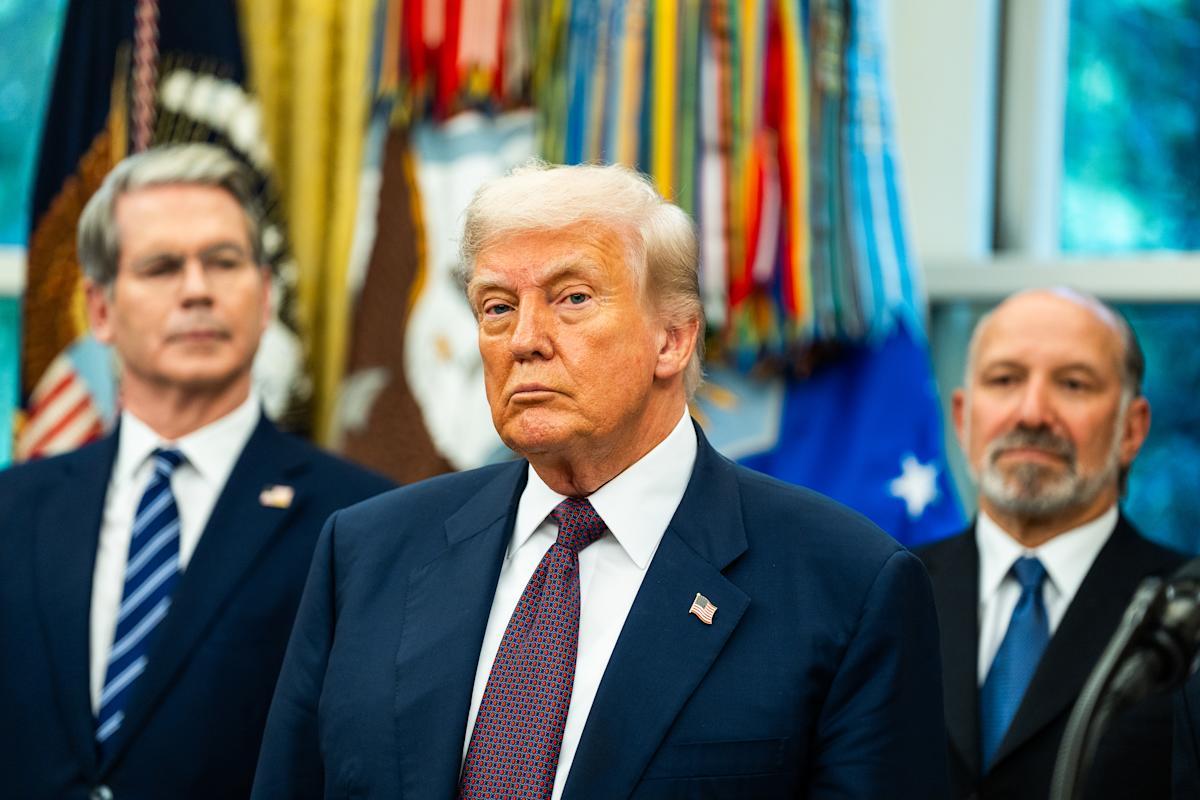
US Government Acquires 10% Stake in Intel: A Controversial Move Sparking Debate
23 Aug 2025•Business and Economy
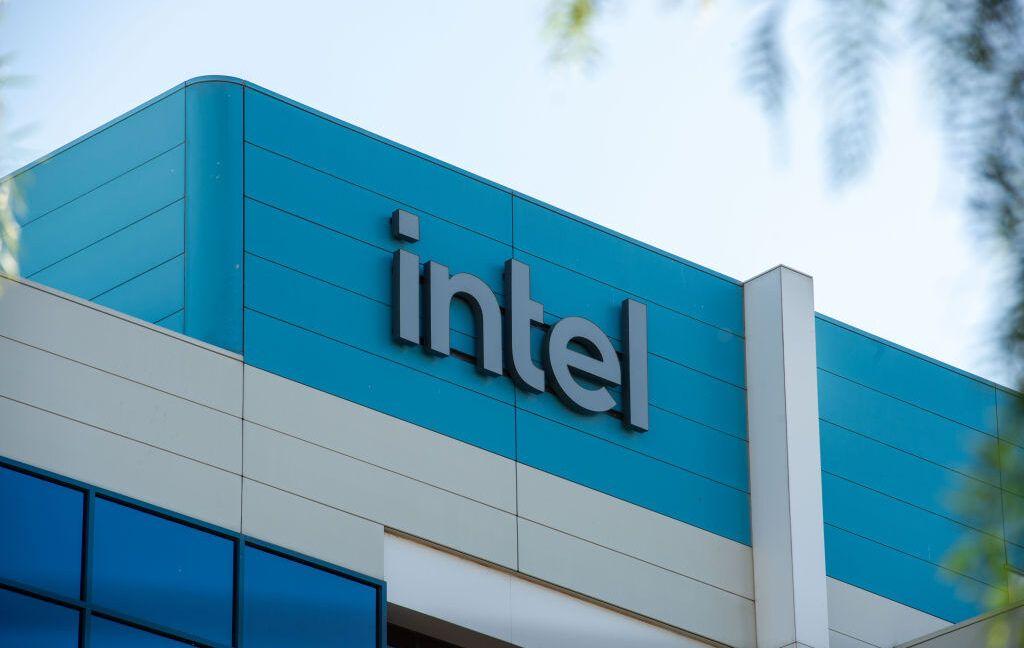
Recent Highlights
1
ByteDance's Seedance 2.0 AI video generator triggers copyright infringement battle with Hollywood
Policy and Regulation

2
Demis Hassabis predicts AGI in 5-8 years, sees new golden era transforming medicine and science
Technology

3
Nvidia and Meta forge massive chip deal as computing power demands reshape AI infrastructure
Technology

